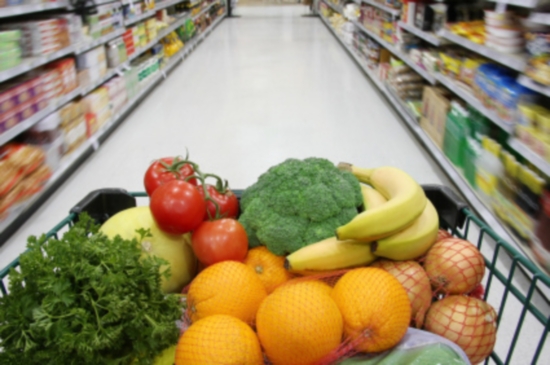Supermarket shoppers should be cautious despite the latest headlines about a clampdown on misleading pricing. Eight leading supermarkets are ending so-called “special offers” that trick customers into getting a good deal-yet there is no guarantee that buy-one-get-one free deals and other deals are as good as they look.

Last week, supermarkets including Sainsbury’s, Waitrose, Tesco and Marks & Spencer agreed to a code of conduct with the Office of Fair Trading (OFT) after an investigation into customers’ complaints that “money-off” deals were confusing and misleading.
The regulator raised concerns that prices has been falsely inflated to make later discounts look more eye-catching. The principles of the new code are intended to simplify how promotional claims should be used so that consumers can depend on them being fair.
Chief executive at the OFT, Clive Maxwell, said: “Household budgets across the country are under pressure and shoppers should be able to trust that special offers and promotions really are bargains.
“Prices and promotions need to be fair and meaningful so shoppers can make the right decisions. Nowhere is this more important than during regular shopping for groceries, which accounts for 44 per cent of retail spending.”
Mr Maxwell said that supermarkets should have a clear benchmark of how they should be functioning so that their food and drink promotions reflect the sprit as well as the letter of the law.
However, the agreed code is not legally required and the supermarkets will not be held responsible for the changes.
The OFT has accepted that the principles “do not come into force on any particular date so whether customers see any changes will remain to be seen.”
Executive director at consumer group Which?, Richard Lloyd, said that the OFT has now made clear to supermarkets what is expected when they promote special discounts and offers; however this did not go far enough.
“When household budgets are squeezed and food prices are one of people’s top financial worries, it’s unacceptable that shoppers are confused into thinking that they’re getting a good deal when that might not be the case,” he said.
“Regulators should be prepared to take enforcement action against traders found breaking the rules.”
False advertising is illegal under 2008 trading regulations. The regulator said it did not discover any unlawfulness during its investigation, but did find some “inconsistency” in the way the law was interpreted and applied.
An earlier investigation by Which? suggested that some supermarkets had misinformed customers over multi-buy offers and discounts.
It investigated more than 700,000 prices and suggested that in some cases the “discounts” ran for much longer than the original price. Some supermarkets later admitted isolated inaccuracies among a huge volume of pricing.
So when customers are pushing their trolley around the supermarket, they must be conscious that these perfectly honed marketing environments are benefiting from millions of pounds of research into how to persuade and seduce customers into buying and spending more than they should.
So with about four in 10 all products sold in supermarkets on some kind of special offer, consumers must take matters into their own hands to ensure they are not misled.
Previous Post
Blackstone Group Launches Asian Real Estate Fund